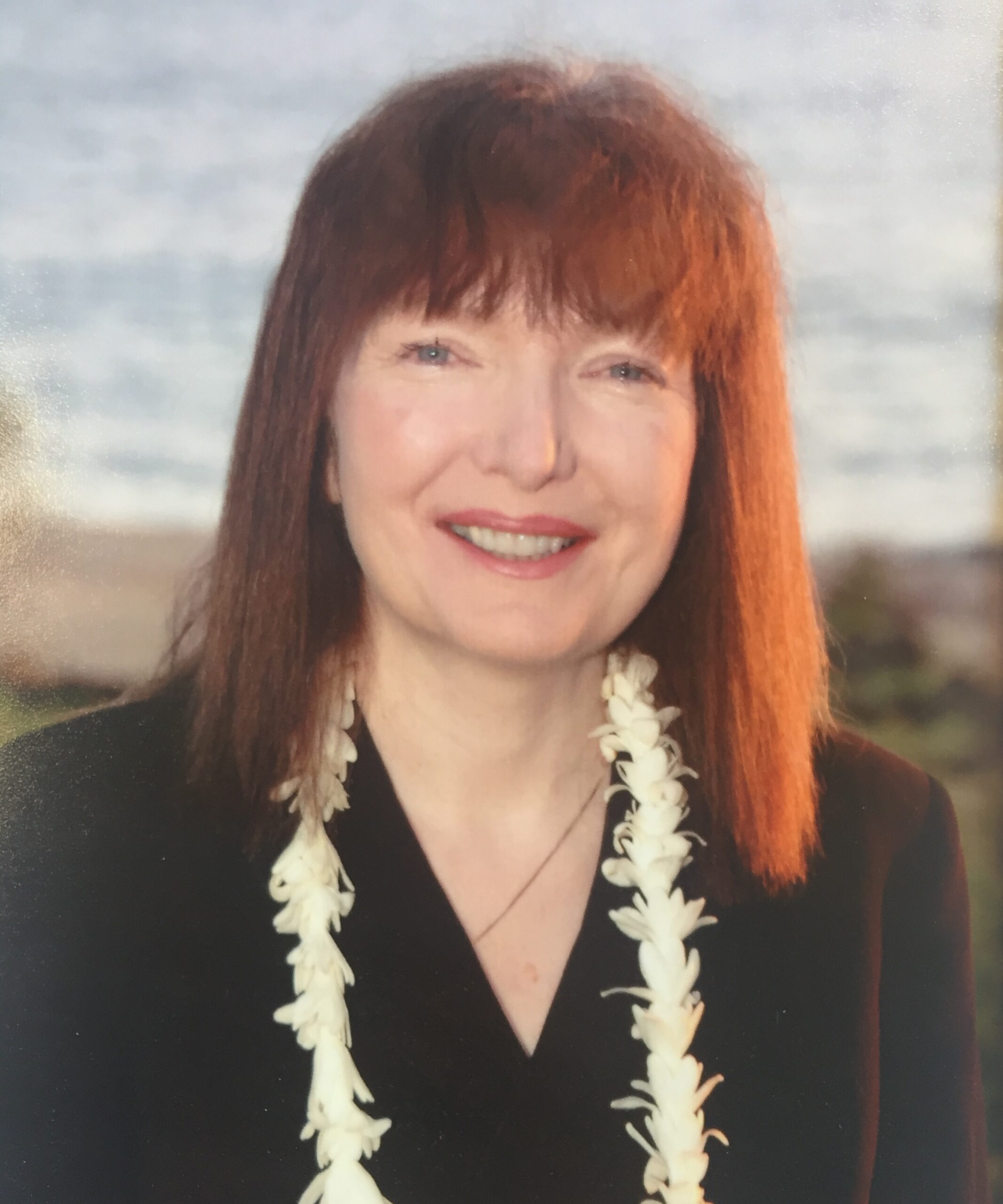touchTALKS Expert perspective on improving patient outcomes in relapsing MS: From current oral disease-modifying therapies to emerging therapeutic options
Prof. Patricia K Coyle reviews how the clinical management of relapsing MS with disease-modifying therapies is evolving and improving patient outcomes.
Optimal management of relapsing MS: How are DMTs used in clinical practice?
Prof. Patricia Coyle describes the current landscape of available DMTs for the management of relapsing MS.
view bio and disclosures 1/3 Next ChapterImproving the QoL of patients with relapsing MS: How to reduce the burden of symptoms with DMTs
Prof. Patricia Coyle outlines the burden of MS and the potential impact DMTs can have on overall patient outcomes, with a focus on fatigue as one of the ‘invisible’ yet detrimental symptoms to overall quality of life (QoL).
view bio and disclosures 2/3 Next ChapterHow will practice change in the near future for patients with relapsing MS based on new clinical data?
Prof. Patricia Coyle explains how oral disease-modifying therapies (DMTs) are becoming an increasingly important option in the evolving, complex management of relapsing MS, and provides an update on emerging treatments and novel approaches.
view bio and disclosures 3/3 Take CE/CME TestOverview & Learning Objectives
Overview
In this activity, Prof. Patricia K Coyle, a leading expert in multiple sclerosis (MS), discusses how disease-modifying therapies (DMTs) are currently used in clinical practice for the optimal management of relapsing MS. She highlights the importance of reducing the burden of the often ‘invisible’ symptoms of MS, such as fatigue, on overall patient quality of life, and reviews the latest, potentially practice-changing developments, which could further improve patient outcomes through shared treatment decision making.
This activity is jointly provided by USF Health and touchIME. read more
Target Audience
This activity has been designed to meet the educational needs of neurologists, MS specialists, primary care physicians and advanced practice clinicians involved in the management of MS.
Disclosures
USF Health adheres to the Standards for Integrity and Independence in Accredited Continuing Education. All individuals in a position to influence content have disclosed to USF Health any financial relationship with an ineligible organization. USF Health has reviewed and mitigated all relevant financial relationships related to the content of the activity. The relevant relationships are listed below. All individuals not listed have no relevant financial relationships.
Faculty
Prof. Patricia K Coyle discloses: Consultant fees from Accordant, Biogen, Bristol Myers Squibb, GlaxoSmithKline, Horizon Therapeutics USA, Janssen, Novartis, Sanofi Genzyme and Viela Bio; and grants/research support from Celgene, CorEvitas LLC, Genentech/Roche and Sanofi Genzyme. Consultant relationships terminated with Alexion, Bayer, Celgene, EMD Serono, Genentech/Roche, Mylan and TG Therapeutics; and grants/research support terminated with Actelion, Alkermes, MedDay and Novartis.
Content Reviewer
Dr John Ciotti discloses: Advisory board fees from EMD Serono (Terminated), Genentech (Terminated) and Janssen (Terminated).
Touch Medical Director
Adriano Boasso and Christina Mackins-Crabtree have no financial interests/relationships or affiliations in relation to this activity.
USF Health Office of Continuing Professional Development and touchIME staff have no financial interests/relationships or affiliations in relation to this activity.
Requirements for Successful Completion
In order to receive credit for this activity, participants must review the content and complete the post-test and evaluation form. Statements of credit are awarded upon successful completion of the post-test and evaluation form.
If you have questions regarding credit please contact cpdsupport@usf.edu.
Accreditations
Physicians
This activity has been planned and implemented in accordance with the accreditation requirements and policies of the Accreditation Council for Continuing Medical Education (ACCME) through a joint providership of USF Health and touchIME. USF Health is accredited by the ACCME to provide continuing medical education for physicians.
USF Health designates this enduring material for a maximum of 0.75 AMA PRA Category 1 CreditTM. Physicians should claim only the credit commensurate with the extent of their participation in the activity.
The European Union of Medical Specialists (UEMS) – European Accreditation Council for Continuing Medical Education (EACCME) has an agreement of mutual recognition of continuing medical education (CME) credit with the American Medical Association (AMA). European physicians interested in converting AMA PRA Category 1 CreditTM into European CME credit (ECMEC) should contact the UEMS (www.uems.eu).
Advanced Practice Providers
Physician Assistants may claim a maximum of 0.75 Category 1 credits for completing this activity. NCCPA accepts AMA PRA Category 1 CreditTM from organizations accredited by ACCME or a recognized state medical society.
The AANPCP accepts certificates of participation for educational activities approved for AMA PRA Category 1 CreditTM by ACCME-accredited providers. APRNs who participate will receive a certificate of completion commensurate with the extent of their participation.
Date of original release: 27 April 2022. Date credits expire: 27 April 2023.
If you have any questions regarding credit please contact cpdsupport@usf.edu.
Learning Objectives
After watching this activity, participants should be better able to:
- Summarize the current recommendations and clinical evidence for the treatment of relapsing MS with oral DMTs
- Assess the impact that the debilitating symptoms of relapsing MS have on quality of life and the potential of DMTs to improve patient outcomes
- Explain the science behind new and emerging DMTs for the management of relapsing MS and how they can be integrated into clinical practice
Faculty & Disclosures

Prof. Patricia K Coyle
MS Comprehensive Care Center, Stony Brook University Hospital, Stony Brook, NY, USA
Patricia K Coyle, MD, FAAN, FANA, is Vice Chair (Clinical Affairs) and Professor of Neurology, as well as Director of the Stony Brook Multiple Sclerosis (MS) Comprehensive Care Center, NY, USA. read more
She earned her medical degree and completed her residency in neurology at Johns Hopkins University School of Medicine in Baltimore, MD, USA, where she also completed a fellowship in neuroimmunology and neurovirology. Her areas of expertise include MS, neuroimmunology and neurologic infectious disease (in particular, Lyme disease).
Prof. Coyle has held multiple leadership positions at the American Board of Psychiatry and Neurology, the American Academy of Neurology, the American Neurological Association and the National MS Society. She has served as an adviser to the US Food and Drug Administration and the US Institute of Medicine. Prof. Coyle has received research funding from the National Institutes of Health and the National MS Society, and is actively engaged in studies to understand and treat these diseases.
Prof. Patricia K Coyle discloses: Consultant fees from Accordant, Biogen, Bristol Myers Squibb, GlaxoSmithKline, Horizon Therapeutics USA, Janssen, Novartis, Sanofi Genzyme and Viela Bio; and grants/research support from Celgene, CorEvitas LLC, Genentech/Roche and Sanofi Genzyme. Consultant relationships terminated with Alexion, Bayer, Celgene, EMD Serono, Genentech/Roche, Mylan and TG Therapeutics; and grants/research support terminated with Actelion, Alkermes, MedDay and Novartis.

Register to touchNEUROLOGY for FREE
- Peer-reviewed journals and expert opinions
- Interactive CME and e-learning modules
- Video conference highlights

